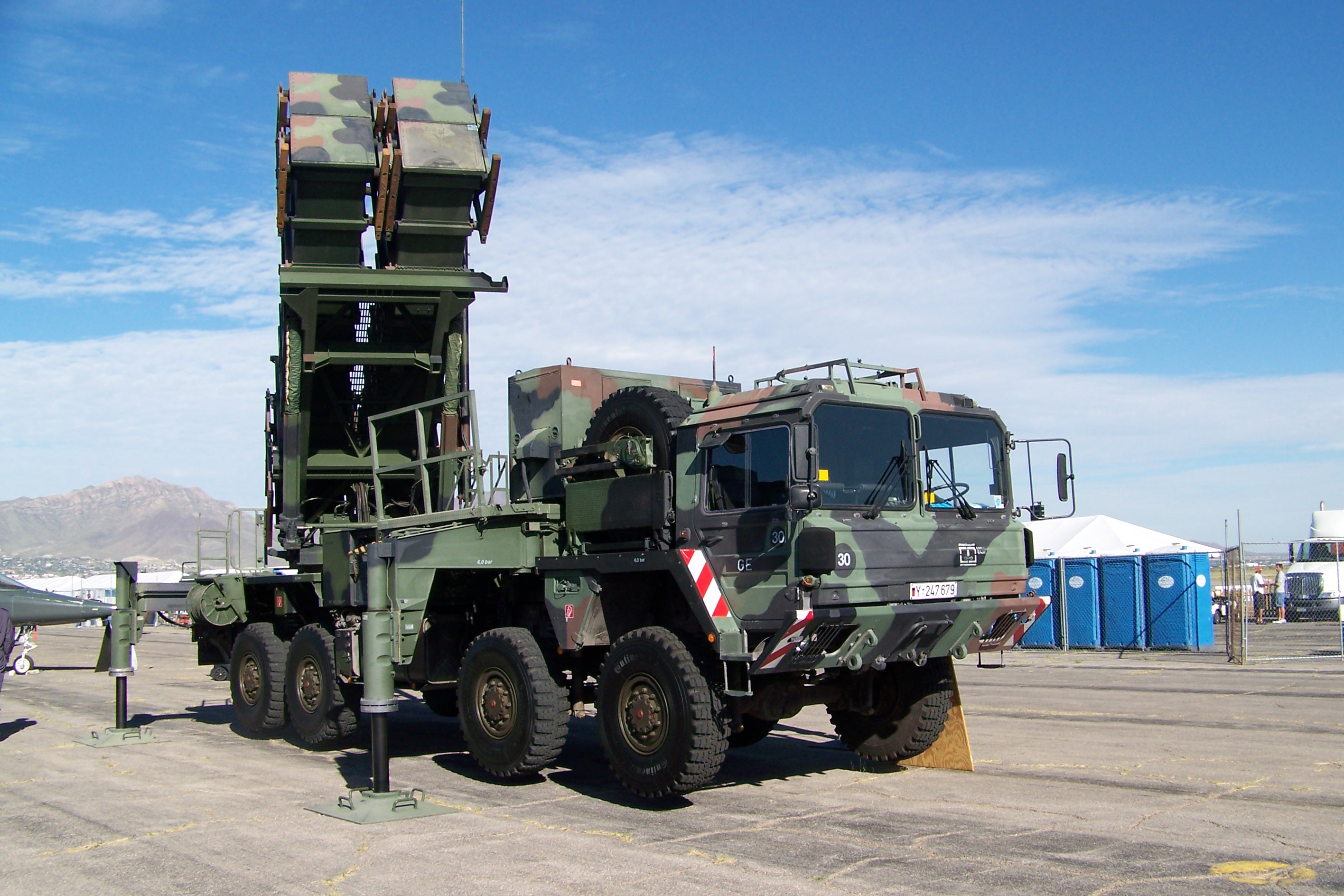Saudi Arabia is reportedly facing an acute shortage of interceptor missiles for the US-supplied Patriot air defense system. The kingdom’s vulnerability has increased in the backdrop of rising cross-border strikes by Yemen’s Houthi rebels.
The much-hyped American missile system had its fair share of controversies. Not long ago, independent experts had analyzed the efficacy of the Patriot system and revealed some startling details.
Saudi Arabia’s Missile Shortage
Saudi Arabia has called on a number of neighboring Gulf countries to help replenish its dwindling inventory of interceptor missiles.
The Biden administration, which has to approve the interceptor transfers, backed the moves, according to a senior US official quoted by the newspaper. “It’s an urgent situation,” the American official said, stressing that Washington supports efforts to obtain missiles from Gulf states as Yemen’s Houthi rebels intensified cross-border raids on Saudi Arabia.

The EurAsian Times previously reported that Saudi Arabia was running dangerously low on ammunition to defend itself against Houthi attacks and had appealed to Washington to replenish its stock. The request for resupplies comes as the Biden administration shifts its focus on China, scaling down US military engagement in the Middle East.
US President Joe Biden suspended the supply of weapons to Riyadh and criticized the Saudi-led war campaign in Yemen when he took office last year. He also approved the publishing of a CIA paper that linked Crown Prince Mohammed Bin Salman to the murder of Jamal Khashoggi, a columnist for The Washington Post.
In 2019, a swarm of missiles and drones managed to penetrate Saudi air defenses, briefly shutting down half of the kingdom’s oil production. The strikes were claimed by Houthi rebels, but the US and Saudi Arabia accuse Iran of being behind them.
In principle, both oil facilities are protected by Patriot Patriot surface-to-air missile batteries, which the United States supplied to Saudi Arabia to intercept planes and missiles up to 100 miles away.
Patriot Shoots Down British Fighter Aircraft?
Patriot (MIM-104) is a long-range air defense system that can counter tactical ballistic missiles, cruise missiles, and sophisticated aircraft in all weather conditions. Since January 2015, Patriot has intercepted over 150 ballistic missiles in combat operations across the world, with over 90 of those intercepts employing low-cost surface-to-air missiles.
The Patriot’s utility as interceptors, however, has been questioned by critics. The system’s software was found to have major flaws in 2003. It uses advanced computer algorithms to determine a target’s speed and altitude, as well as its radio transponder signal in the event of an airplane.
A series of disasters struck the US army, showing the much-hyped missile in poor light. A Patriot battery shot down a British Royal Air Force Tornado fighter-bomber flying to Kuwait from a mission over Iraq in March 2003.

Both members of the crew died. The tactical control officer in the battery issued the order to shoot Tornado GR4 after her radar misidentified it as an anti-radiation missile (ARM), a weapon capable of destroying the Patriot battery by homing in on the radiation it generated.
A Patriot battery hooked its radar on a US Air Force F-16 Falcon on March 23, 2003, in preparation for a missile launch. The plane’s pilot dodged the disaster by shooting first, damaging the battery with a radar-seeking missile around 30 miles south of the Iraqi city of Najaf. The event did not result in any injuries to US personnel.
On April 2, 2003, a Patriot system took down a US Navy F/A-18 fighter plane over southern Iraq, killing the pilot. The F/A-18 pilot had apparently seen the approaching missile and attempted to avoid it. The Patriot had evidently assumed that the Navy jet was an Iraqi missile.

In the wake of such botched operations, US military commanders had issued safety orders. They forbade Patriot personnel from using fully automated settings on their missile launchers. They advised pilots to utilize the non-encrypted IFF, which is more dependable. The Army also guaranteed that the Patriots would be fixed.
In 2018, experts at the Middlebury Institute of International Studies looked into two separate missile attacks on Saudi Arabia. Despite official declarations, they determined it exceedingly implausible that the missiles were intercepted in both situations.
They looked at where the missile airframe and warhead fell as well as where the interceptors were placed in their research.
According to the experts, a distinct pattern could be seen in both circumstances. The Patriot missile landed in Riyadh, while the inbound missile split up, passed through defenses, and arrived near its intended target. Based on this evaluation, they stopped short of calling the Patriot system a dud.

It is also alleged that the US Army and its manufacturer, Raytheon, strongly lobbied to get a report calling “on the Pentagon to declassify more information about the performance of the Patriot and request an independent evaluation of the program” spiked.
In the light of such allegations, it is understandable why the US military has tested the Israeli Iron Dome air defense system at Guam islands, which are within the range of the Chinese DF-26 missiles, dubbed the “Guam Killer” by the PLA.
- Contact the authors at editor@eurasiantimes.com
- Follow EurAsian Times on Google News




